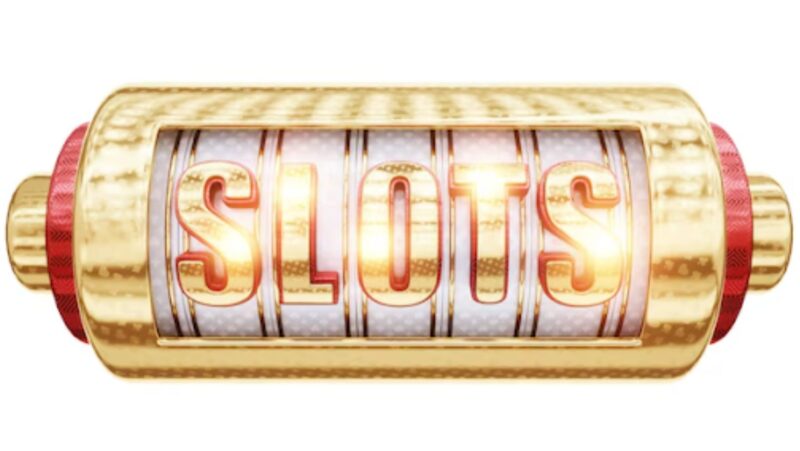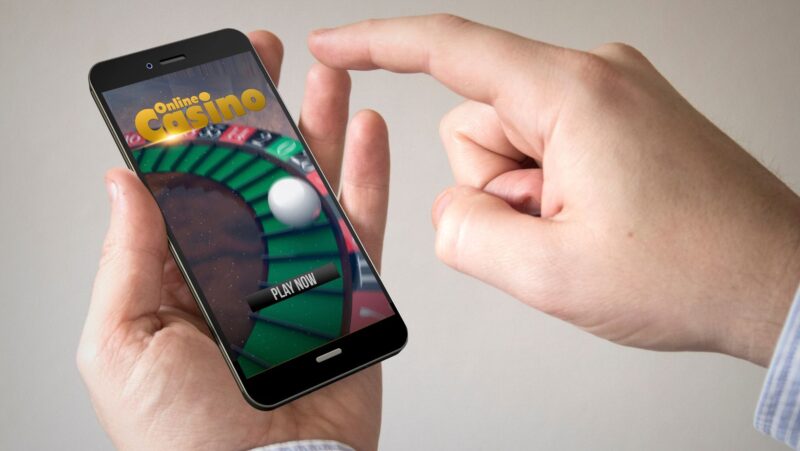
You may have heard of crypto and its potential to revolutionise charity fundraising. But how exactly is DeFi, DAOs and NFTs changing the philanthropy landscape?
Discover the powerful impact they can have in this blog. With these new models, charities can make a bigger difference.
DeFi, DAOs and NFTs: Crypto is redefining how charities raise funds
The rise of cryptocurrencies and their underlying blockchain technology has created new opportunities for charities and nonprofits to raise funds. The decentralised finance (DeFi) sector, decentralised autonomous organisations (DAOs), and Non-Fungible Tokens (NFTs) are all playing an increasing role in how nonprofits can fundraise and provide more options for those looking to donate. This guide explores the stated topics in greater detail before exploring potential applications of blockchain-based fundraising for non-profit organisations.
At its core, DeFi enables people to take control of financial assets without ever needing trusted third parties like banks or governments. By leveraging smart contracts on the blockchain, individuals interact with digital assets like tokenized debt or equity trust fully managed by code. When paired with DAOs, DeFi’s decentralisation is further taken advantage of to create autonomous digital communities that operate outside of centralised control while executing tasks such as voting and fundraising in a tamper proof way. On the other hand, NFTs are unique cryptographic digital tokens that can be used as collectibles or backed by real-world physical assets such as art, music or other physical goods. As the landscape rapidly changes traditional ways of raising funds are being provided with new options while maintaining trustworthiness between donors and charities.
What is DeFi?
DeFi, or Decentralised Finance, is a type of financial services built on blockchain networks such as Ethereum. It offers users access to financial services without the need for traditional intermediaries such as banks. DeFi can provide individuals and organisations unprecedented access to open finance and disintermediation by utilising blockchain-based technologies and protocols.
DeFi combines automated protocols, smart contracts and blockchain technology to allow users to engage in financial activities such as peer-to-peer lending, trading and borrowing assets, reducing friction in the financial system through trustless cutting out of middleman platforms allowing greater speed, transparency and cost efficiencies.
The success of DeFi has been growing in recent years due to its ability to provide access to a vast new array of global users who were traditionally unbanked or had less access to traditional banking systems, providing an alternate way of accessing cheaper sources of capital for business ventures; providing much needed liquidity options tools for global markets; reducing costs associated with fund transfers; increasing data security through cryptography; exploring new ways for governments’ financial regulations such as digital identity protocols; and making fundraising processes more transparent for charities.
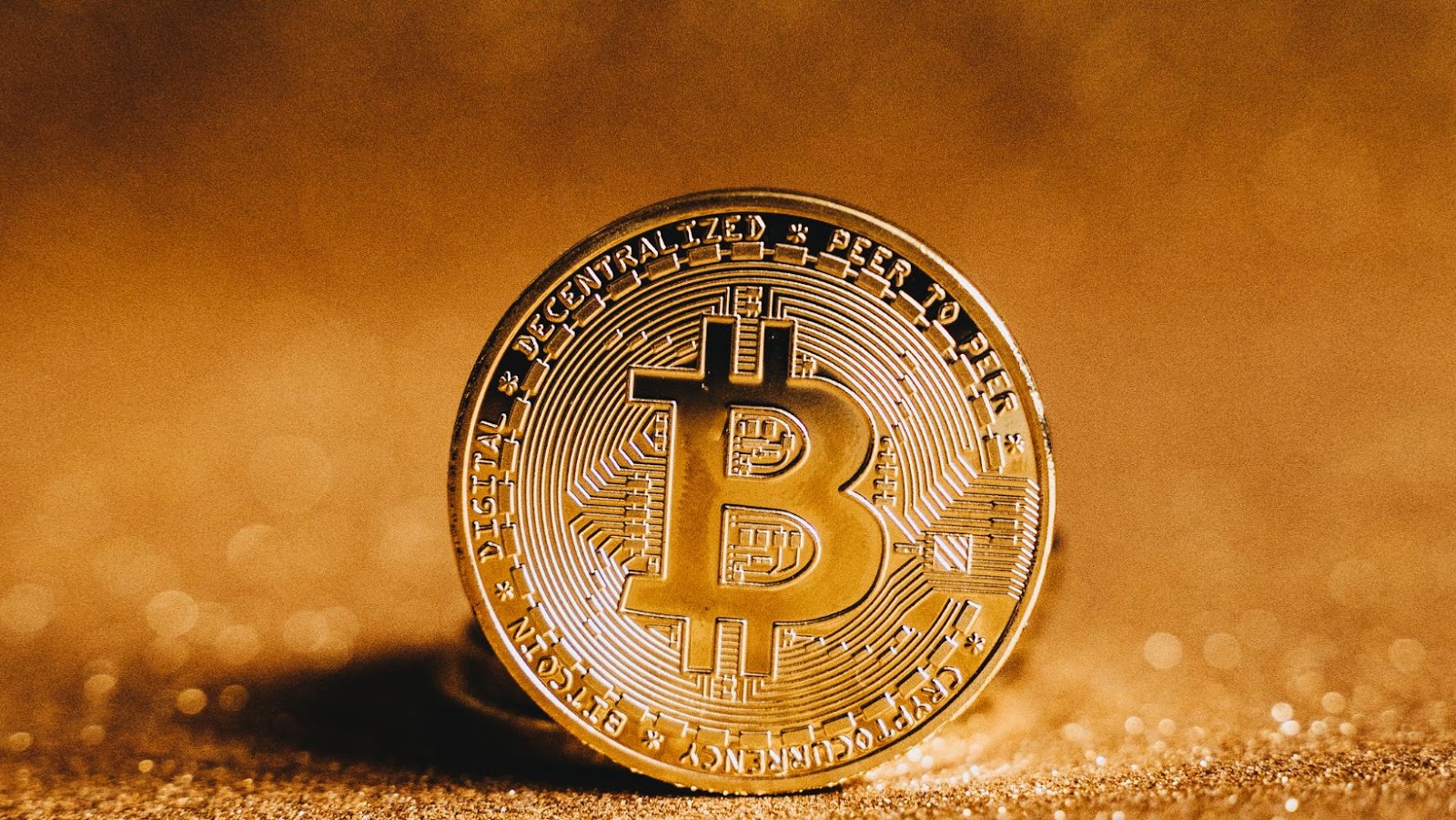
What are DAOs and How Do They Impact Charities?
Digital Autonomous Organizations (DAOs) are labour-automated, self-sustaining online foundations that operate on public blockchains and the decentralised finance (DeFi) ecosystem. A DAO utilises the distributed ledger technology to run its operations, which goes beyond traditional fundraising models as it focuses on tokenized assets that can be exchanged and redistributed digitally with minimal effort. This new form of fund distribution can provide significant benefits to non-profit organisations as it removes intermediaries while ensuring transparency and trust in fundraising operations.
DAOs also promote peer-to-peer donations more securely than third party services by providing an immutable public ledger that tracks donations and creates immutable records of charity gifts. These immutable records can then be used for accounting, analysis, compliance checks and auditing at any given time without fear of manipulation or fraud. DAOs also leverage fairer incentives for the donors using cryptocurrency rewards, such as Ethereum’s ERC20 tokens, to induce donor participation in charity campaigns. These incentives can be configured according to each campaign’s goals, allowing organisations to set longer-term goals with greater financial commitment from donors for larger impactful projects.
Finally, DAOs allow greater digital collaboration through Non-Fungible Tokens (NFTs). NFTs are unique digital assets stored on a blockchain that cannot be altered or replaced—unlike fungible tokens which all have the same value regardless of origin—making them perfect candidates for tracking donor performance on impactful projects with smart contracts designed specifically around those projects’ fundraising goals. Furthermore, NFTs offer additional incentive mechanisms such as staking programs rewarding donors who commit time or resources throughout a project’s lifetime with greater returns than traditional gift donation models would allow. By leveraging NFTs’ use cases within DAOs, charities have far broader ways to incentivize potential donors while demonstrating their impact on international charity endeavours more effectively than ever before.
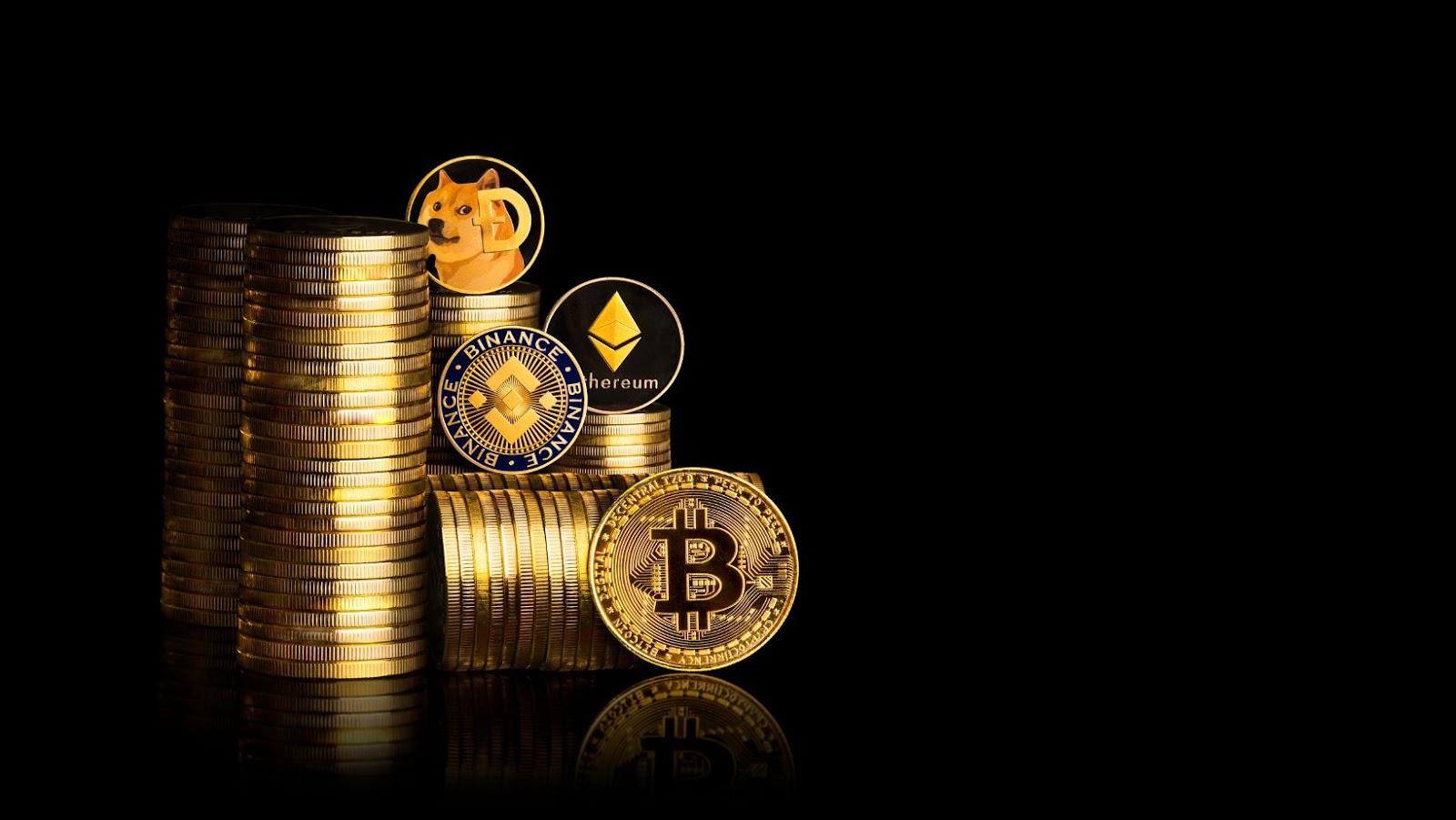
What are Non-Fungible Tokens (NFTs) and How Can They Help Charities?
Non-fungible tokens (NFTs) are blockchain-based digital assets with unique characteristics and can represent real or virtual objects. Unlike Bitcoin, Ethereum, and other cryptocurrencies that are interchangeable value units, NFTs are distinct and have no stated monetary value. Instead of being used as a form of monetary exchange, they can be used as proof of ownership and authenticity.
Using NFTs allows charities to access different fundraising opportunities beyond traditional methods such as direct donations or crowdfunding campaigns. For example, charities can list collectibles on marketplaces such as OpenSea, Rarible, SuperRare or Foundation for exclusive bidding auctions. People who own these items then have the option to donate them directly or purchase them in exchange for cryptocurrency which can then be donated back to the charity in need.
In addition to allowing donors to bid on digital collectibles in exchange for cryptocurrency donations, charities can also benefit from the technology powered by NFTs by creating their tokens that help organisations increase their visibility through monetization strategies like rewards programs and branded digital artworks (where supporters get rewarded with unique pieces). This creates a new source of revenue and drives more awareness toward their cause while strengthening donor relationships.
Benefits of Using DeFi, DAOs and NFTs for Charities
The rise of decentralised finance (DeFi), Decentralised Autonomous Organizations (DAOs) and Non-Fungible Tokens (NFTs) is rapidly changing the fundraising landscape for charities. DeFi, DAOs and NFTs are allowing charities to fundraise more efficiently, transparently and cost-effectively. By leveraging these innovative tools, charities can explore a variety of fundraising options that have the potential to increase their overall donation income.
One of the major benefits of using DeFi protocols for fundraising is that they allow people from all over the world to donate without any barriers such as geographical location, access to traditional banks or government restrictions. This enables charities to expand their reach and attract donors from around the world who would otherwise not have been able to donate. Additionally, DEfi protocols are designed with transparency in mind so donations can be tracked in real-time and donors can see exactly how their money is being used.
Similarly, Decentralised Autonomous Organizations (DAOs) provide a highly secure platform where people can vote on proposed charity projects by contributing tokens that matter towards those projects. This allows organisations to get direct feedback from their community about which charity efforts are most important or needed and allocate funds accordingly. Furthermore, because DAOs can be completely trustless systems with no central governing body overseeing them, larger organisations can work together without potential disputes related to trust or governance concerns occurring between participants as often takes place when working with centralised systems such as traditional corporate structures or technology companies like Microsoft or Amazon.
Finally, Non-Fungible Tokens (NFTs) provide a novel way for charity organisations to attract attention while giving donors certain privileges or rewards upon completing a donation milestone or making specific donations. These tokens are unique digital assets that carry specific properties that cannot be found in traditional cryptocurrencies such as Bitcoin or Ethereum which make them suitable for other purposes than just financial transactions like rewarding donor loyalty programs or charitable initiatives launched by organisations – this way donations become much more tangible than just amounts entered in bank accounts manually updated by fiat currency transactions released every month after specific milestones have been met throughout the process of giving back to society via donating money from organisations’ profits throughout the year on holidays like Christmas Eve, Eid Al Fitr, Easter Sunday etc. Similarly, NFTs make it easy for philanthropists, celebrities, Vloggers, influencers etc. to show solidarity towards intentional great causes simply by purchasing an NFT badge that could be shared continuously on Twitter/Instagram throughout December.
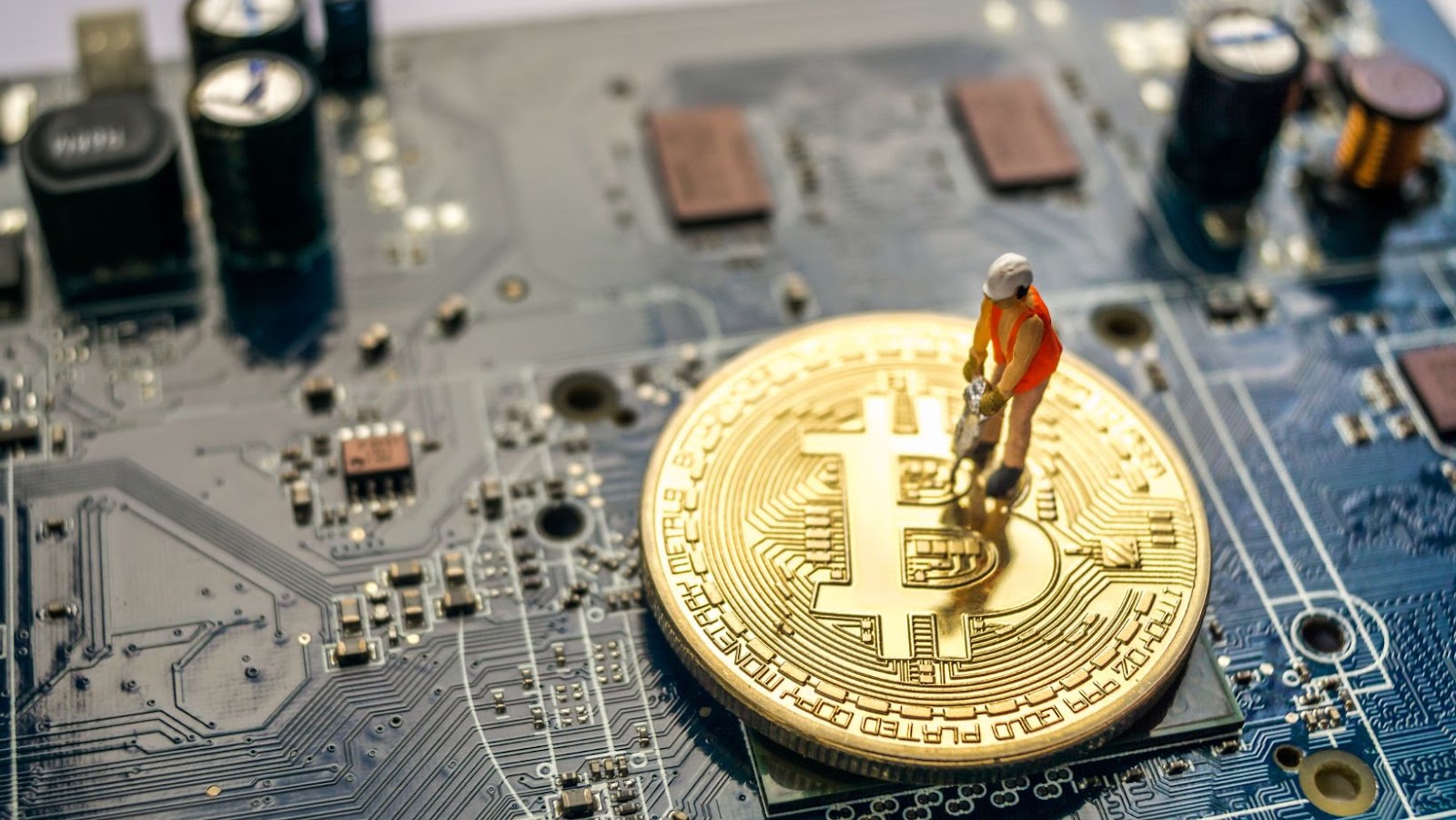
Challenges of Using DeFi, DAOs and NFTs for Charities
Charities face a variety of challenges when it comes to utilising decentralised finance (DeFi), Decentralised Autonomous Organizations (DAO) and Non-Fungible Tokens (NFTs) for fundraising. While DeFi provides more accessibility and scalability to financial services, DAOs enable the deployment of smart contracts which facilitates online transactions, and NFTs provide a unique digital asset class that can be used in creative ways to raise funds, there are certain challenges unique to the charity realm that have yet to be fully addressed.
Major challenges with raising funds with DeFi, DAOs and NFTs include:
- Security – Due to the decentralised nature of these technologies, charities must ensure they are properly safeguarding donations and limiting potential security vulnerabilities to protect donor’s information and money.
- Accessibility – Many prospective donors may not have access or familiarity with how these technologies work. Charities must create educational content about these technologies that is easy for everyone to understand.
- Transparency – There is the potential for fraud when donating through any medium. Still, with these new protocols in particular there need to be proper safeguards in place that ensure all contributions are accurately tracked and accounted for.
- Regulations – Charities must also navigate all existing government regulations when using this technology and stay on top of any potential new laws or policies being implemented on a national or international level.
There is no doubt that DeFi, DAOs and NFTs present an amazing opportunity for nonprofits looking to leverage new revenue streams but before embarking on any fundraising endeavour utilising these technologies charities should first make sure they understand all the associated risks and rewards so they can develop a plan that keeps their donations safe while still maximising their impact.
Examples of Charities Using DeFi, DAOs and NFTs
Charities are increasingly looking for ways to leverage new digital technologies such as decentralised finance (DeFi), Decentralised Autonomous Organizations (DAOs) and non-fungible tokens (NFTs) to support their fundraising efforts. These technologies have become popular in recent years as they offer a new way of raising money outside traditional methods like online donations and corporate sponsorship.
One example of a charity using DeFi is Giveth, which has built a platform on the Ethereum blockchain that enables organisations to launch donation campaigns with fewer fees and quicker payouts. Donors can also track where their contributions are used, providing greater transparency into how funds are spent.
DAOs offer an interesting way for charities to work on a project without spending money on costly overhead or middlemen. For example, giveth’s DAO allows donors to allocate funds directly towards specific projects with collective decision making, further reducing costs while ensuring that resources are allocated effectively and efficiently.
NFTs allow charitable organisations to raise funds innovatively by auctioning off unique collectibles in exchange for donations or rewards. For instance, Planet Nature has launched a smart contract platform allowing donors to bid on digital artworks created by renowned artists through NFTs and use their donation as part payment for the artwork itself.
These are just some ways that charitable organisations leverage DeFi, DAOs and NFTs to increase access to fundraising opportunities and enhance donor engagement experiences while promoting better transparency into how funds are being spent.







